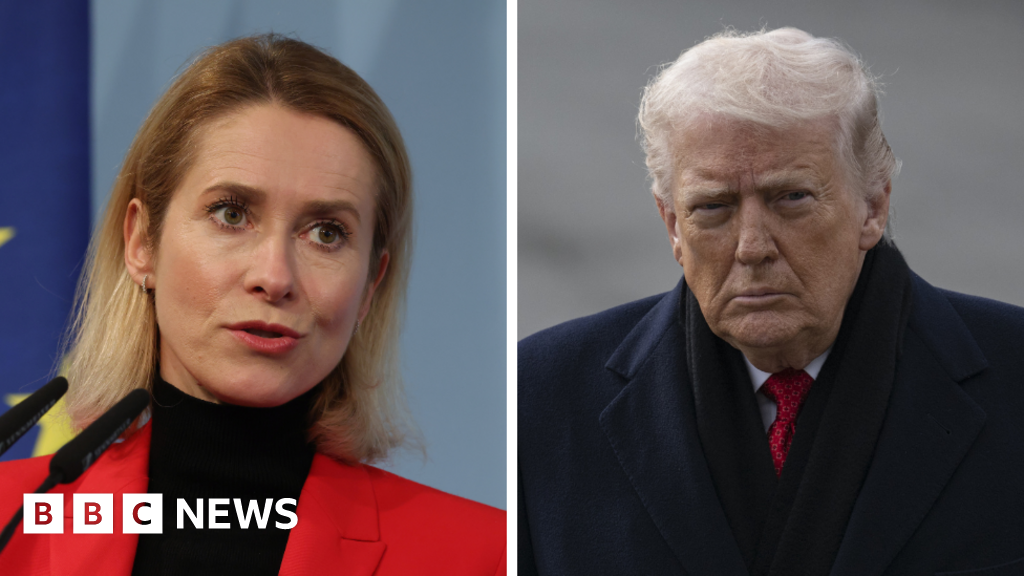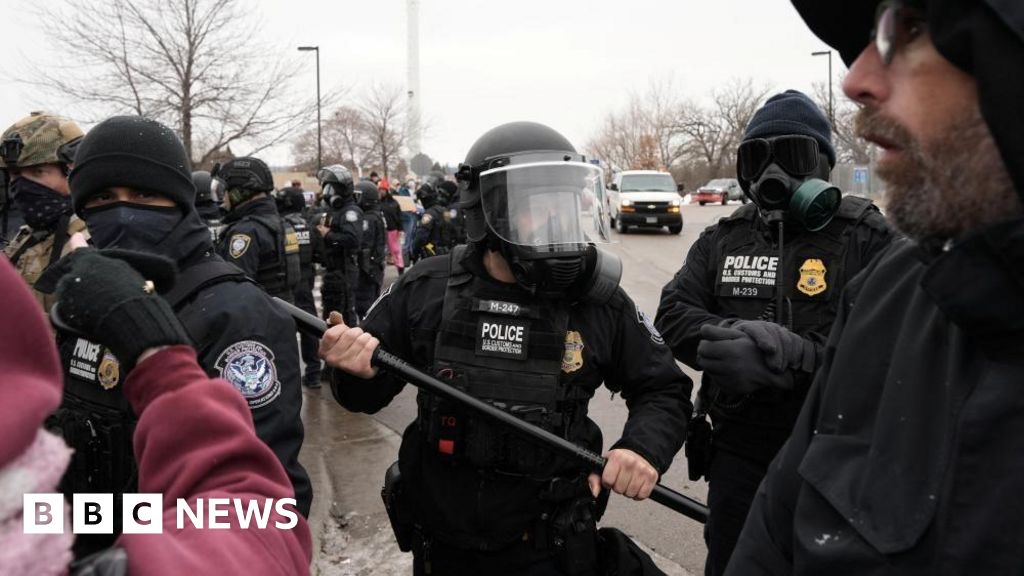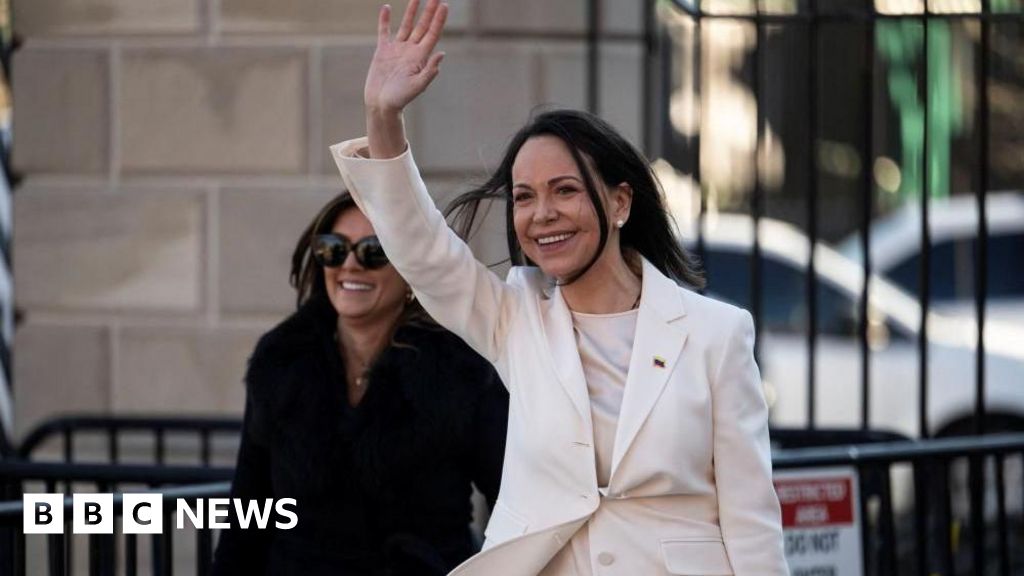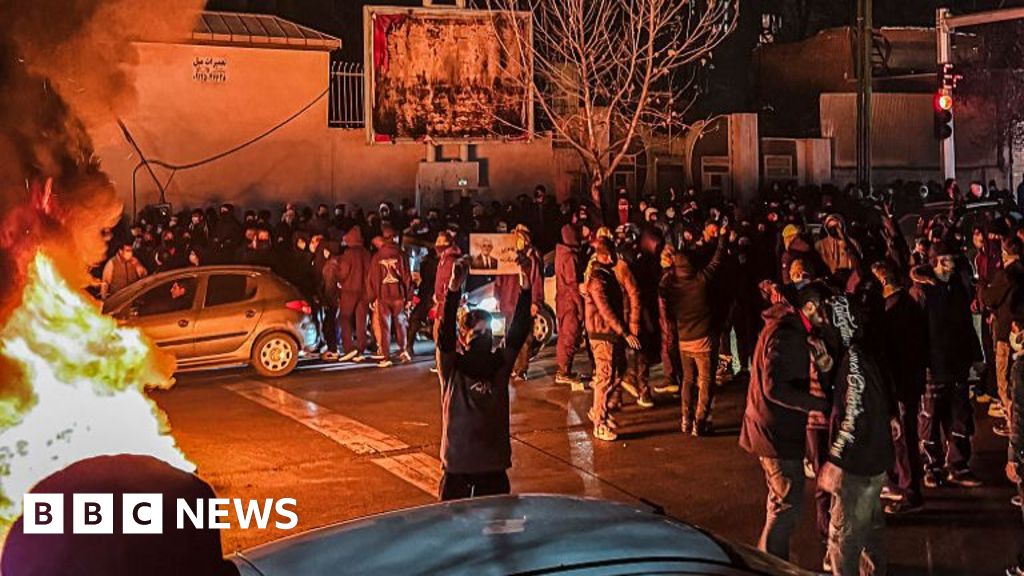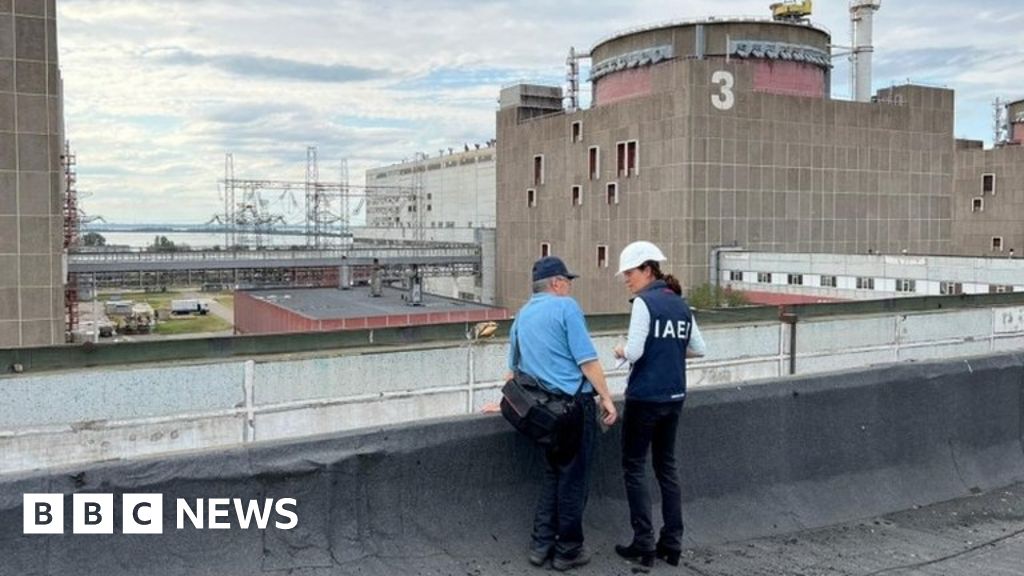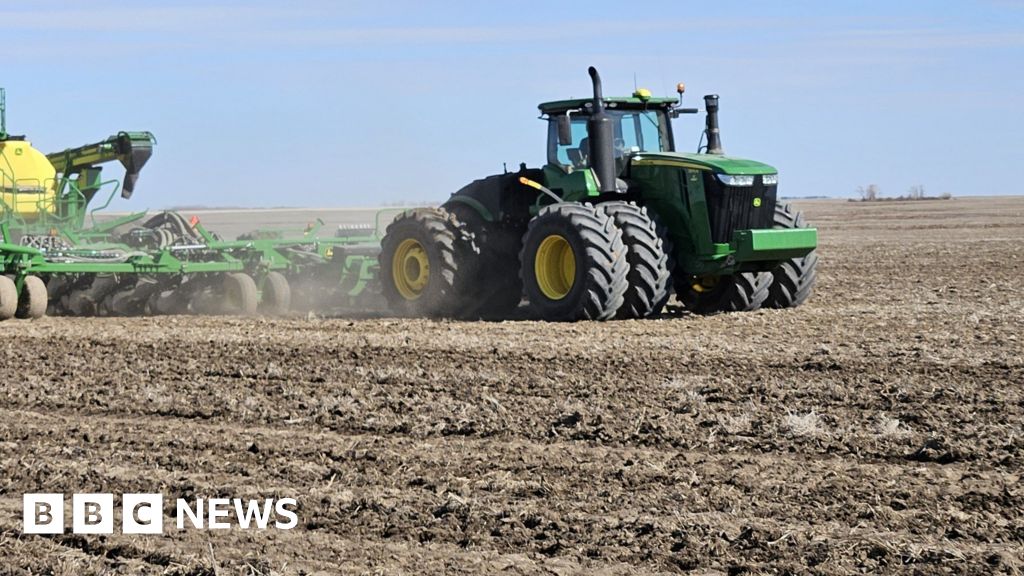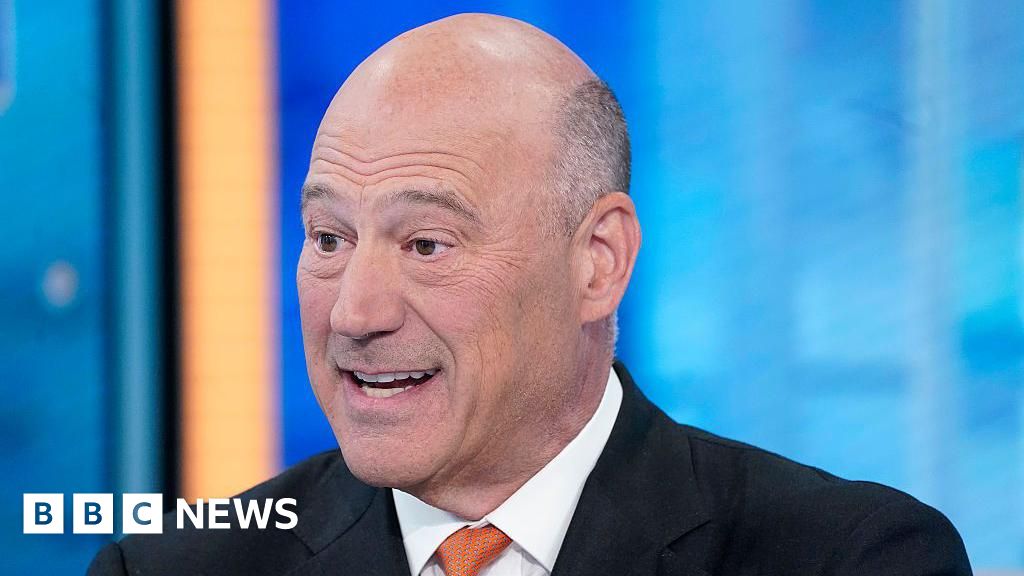image copyrightGetty Images
Joe Biden has been projected to reach the 270 electoral college votes needed to beat Donald Trump in the race to the White House. What happens now?
The former vice-president does not get to move his furniture into 1600 Pennsylvania Avenue straight away – there are a few things that need to happen first.
It’s usually a smooth process, but there are extra complications this time due to probable legal challenges to the election.
When does Joe Biden become president?
First the votes need to be certified in each of the states. That’s usually a formality and happens in the next few weeks.
It’s written in the US Constitution that the new term of office begins on 20 January at noon.
It happens at a ceremony called the inauguration which takes place in the capital, Washington DC. The new president and vice-president take an oath of office administered by the Supreme Court chief justice.
So expect to see Joe Biden and Kamala Harris inaugurated on 20 January 2021.
There are exceptions to this timetable. If a president dies in office or resigns, the vice-president is sworn in as soon as possible.
What is the presidential transition?
This is the period in between the election result and the start of the new presidential term on 20 January.
The incoming president assembles a group called a transition team who prepare to assume power immediately after inauguration – and the Biden team has already set up a transition website.
They will pick people to serve in the cabinet, discuss policy priorities and prepare to govern.
Members of the team go into the federal agencies to get briefed on things like looming deadlines, budgets and which career staff do what.
They gather all that intelligence for the incoming staff and still make themselves available to help after inauguration. Some of them may stay on to serve.
In 2016, President Barack Obama met his successor Donald Trump and their Oval Office photos conveyed how little warmth there was – and remains – between them.
Joe Biden has spent months putting together his transition team, raising cash to fund it and last week he launched a website about it.
What words will we hear a lot of?
President-elect: When a candidate wins the election but has yet to be sworn in as the new president on 20 January, this is what they are called.
Cabinet: Joe Biden will soon start announcing who he wants in his cabinet, which is the top team at the highest level of government. It includes heads of all the key departments and agencies.
Confirmation hearing: Many of the top government posts filled by the president require approval from the Senate. The people picked by Mr Biden are interviewed by Senate committees in a hearing, followed by a vote to approve or reject.
Celtic: As president-elect, Mr Biden gets increased protection from the Secret Service and his codename is Celtic. These names are chosen by the candidate. Mr Trump was Mogul and Kamala Harris has reportedly picked Pioneer.
Will there be legal challenges?
Almost definitely. Mr Trump has suggested he would challenge all “recent Biden-claimed states”, alleging fraud but offering no evidence.
And it’s reported that his campaign are head-hunting top lawyers to lead the charge.
Their efforts to throw out some postal votes would begin in state courts but could end up in the Supreme Court. However, legal experts have suggested the lawsuits are unlikely to succeed in altering the results.
There are also expected to be recounts in some states, requested by the Trump campaign, but they are not expected to change the outcome.
What if Trump doesn’t concede?
By North America reporter Anthony Zurcher
Donald Trump has previously said he would contest the results. If his efforts to do so are unsuccessful, the pressure on him to publicly concede defeat will mount. But does he have to?
The concession phone call from a losing candidate to the victor is a respected tradition of American politics. It is by no means obligatory, however.
In 2018, for instance, Democratic governor candidate Stacey Abrams claimed voter fraud and intimidation and never conceded to Brian Kemp, her Republican opponent.
That’s never happened in a modern presidential race, however. But as in Georgia, as long as election results are legally processed and certified, the machinery of government will grind on, regardless of what Mr Trump may do.
While Mr Trump doesn’t have to concede, or even put on a good face and attend Mr Biden’s inauguration, he does have some legal obligations. He must authorise his administration to make the logistical preparations for Biden’s team to take over. That is something, according to Trump officials, the president has already done.
Donald Trump ascended to the presidency as an unconventional candidate unafraid to break long-established norms and traditions. If he so desires, he could exit the office that way, as well.
What will Kamala Harris do in the transition?
Kamala Harris, the first woman to be vice-president, will be appointing her staff and learning more about the job from the previous administration.
The vice-president works at the White House in the West Wing, but they don’t live there. It is traditional that they live on the grounds of the US Naval Observatory which is in the north-west of the city, about a 10-minute drive from the White House.
Her husband Doug Emhoff is a lawyer who works in the entertainment industry.
He has two children from his first marriage – Cole and Ella – whom Ms Harris says affectionately refer to her as “Momala”.
What is it like to move into the White House?
Better nowadays than it was in 1800 when the first presidential couple John and Abigail Adams moved in – the building was unfinished.
These days it is expected that a new president and family will need to replace decor or furniture due to wear and tear, so Congress sets aside cash for them to do so.
There are 132 rooms and 35 bathrooms to maintain in the residence alone.
First Lady Melania Trump, having worked in the fashion world, led several home improvements and was in charge of the lavish event of unveiling the Christmas decorations.
